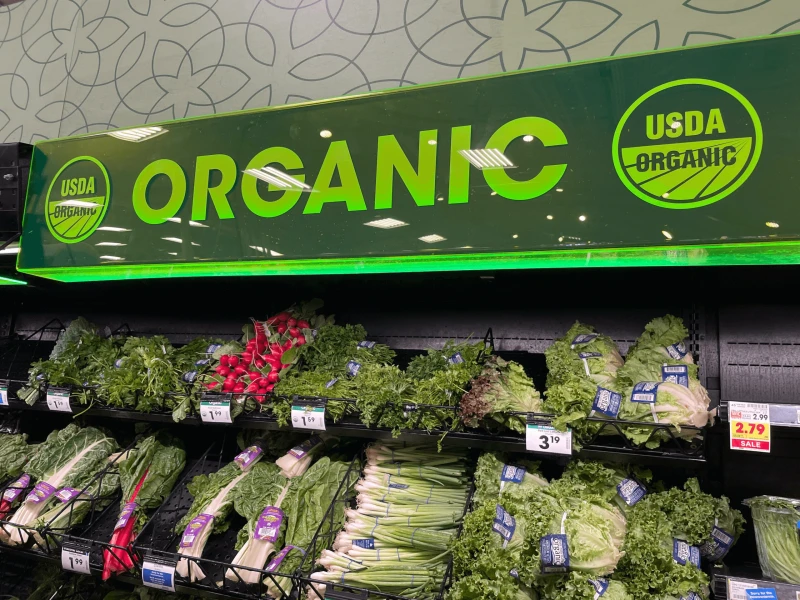Organic is not for everyone: Availability and affordability limit organic produce to higher-income households
Organic is not for everyone: Availability and affordability limit organic produce to higher-income households


The University of California-Davis conducted a study that revealed an interesting finding: people who consistently choose healthy foods end up spending nearly 20 percent more on groceries.
One of the major reasons why people aren’t buying into organic food products is the lack of availability, particularly in low-income areas. Many communities with limited access to grocery stores or supermarkets find it difficult to find organic options. This lack of availability contributes to the low consumption of organic food among low-income individuals and families.
In addition to limited availability, there are also challenges in accessing organic options for low-income individuals. The higher price of organic food products compared to conventional options can be a barrier for those with limited financial resources. Studies have shown that the higher price of healthier choices can consume a significant portion of a low-income family’s grocery budget, making it difficult to afford organic food consistently.
Furthermore, the study mentioned in the previous section highlights that organic doesn’t necessarily mean the food is free of potentially toxic elements. This can create skepticism among consumers, especially when they have limited options and are already facing financial constraints.
This is an excerpt. Read the original post here

 | Videos | More... |

Video: Nuclear energy will destroy us? Global warming is an existential threat? Chemicals are massacring bees? Donate to the Green Industrial Complex!
 | Bees & Pollinators | More... |

GLP podcast: Science journalism is a mess. Here’s how to fix it

Mosquito massacre: Can we safely tackle malaria with a CRISPR gene drive?

Are we facing an ‘Insect Apocalypse’ caused by ‘intensive, industrial’ farming and agricultural chemicals? The media say yes; Science says ‘no’
 | Infographics | More... |

Infographic: Global regulatory and health research agencies on whether glyphosate causes cancer
 | GMO FAQs | More... |

Why is there controversy over GMO foods but not GMO drugs?

How are GMOs labeled around the world?

How does genetic engineering differ from conventional breeding?
 | GLP Profiles | More... |

Alex Jones: Right-wing conspiracy theorist stokes fear of GMOs, pesticides to sell ‘health supplements’




 Viewpoint — Fact checking MAHA mythmakers: How wellness influencers and RFK, Jr. undermine American science and health
Viewpoint — Fact checking MAHA mythmakers: How wellness influencers and RFK, Jr. undermine American science and health Viewpoint: Video — Big Solar is gobbling up productive agricultural land and hurting farmers yet providing little energy or sustainabilty gains
Viewpoint: Video — Big Solar is gobbling up productive agricultural land and hurting farmers yet providing little energy or sustainabilty gains Fighting deforestation with CO2: Biotechnology breakthrough creates sustainable palm oil alternative for cosmetics
Fighting deforestation with CO2: Biotechnology breakthrough creates sustainable palm oil alternative for cosmetics Trust issues: What happens when therapists use ChatGPT?
Trust issues: What happens when therapists use ChatGPT? 30-year-old tomato line shows genetic resistance to devastating virus
30-year-old tomato line shows genetic resistance to devastating virus California, Washington, Oregon forge immunization alliance to safeguard vaccine access against federal undermining
California, Washington, Oregon forge immunization alliance to safeguard vaccine access against federal undermining The free-range chicken dilemma: Better for birds, but with substantial costs
The free-range chicken dilemma: Better for birds, but with substantial costs ‘You have to treat the brain first’: Rethinking chronic pain with Sanjay Gupta
‘You have to treat the brain first’: Rethinking chronic pain with Sanjay Gupta
